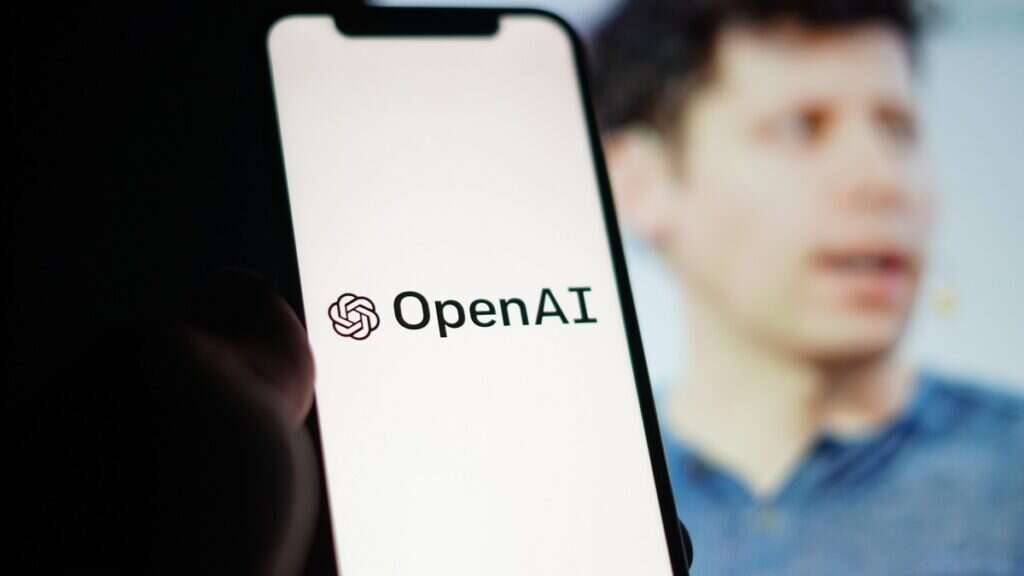
Ousted OpenAI CEO Sam Altman has agreed to return to his role leading the AI lab six days after his shock departure from the company. Altman and co-founder Greg Brockman will work under a new board of directors, it has been announced, in a move which is set to end the turmoil that has engulfed the ChatGPT developer.

Following talks on Tuesday, OpenAI confirmed Altman had agreed “in principle” to rejoin the company. He was fired on Friday after reported disagreements with its independent board about the direction of the lab’s work. The move led to a rebellion among staff loyal to Altman, with 747 of its 770-strong team signing an open letter calling for him to be reinstated.
Altman had been set to join Microsoft, OpenAI’s main backer, to head up a new AI division, and was poised to take his entire team with him. But he now appears set to return to his former employer with the blessing of Microsoft CEO Satya Nadella.
Details of OpenAI’s new governance structure revealed
When he returns, Altman will work alongside a three-person board comprised of former Salesforce co-CEO Bret Taylor, ex-US secretary to the treasury Larry Summers, and Adam D’Angelo, the CEO of Quora. D’Angelo was a member of the board which sacked Altman on Friday, citing “a lack of confidence in his ability to lead OpenAI”.
It is expected that the trio will recruit a larger board of nine people who will reform the company’s governance structure. Currently, its directors sit in a non-profit organisation tasked with a mission to develop safe advanced generative AI, whereas the profit-making side of the business, led by Altman and backed by billions of dollars from Microsoft, has been focused on growing commercially.
Writing on X, Altman said: “I love OpenAI, and everything I’ve done over the past few days has been in service of keeping this team and its mission together.” He said that the decision he made on Sunday to join Microsoft “was the best path for me and the team” at the time, and added: “With the new board and w[ith] Satya’s support, I’m looking forward to returning to OpenAI, and building on our strong partnership with MSFT.”
OpenAI saga draws to a close, Microsoft still wins?
Despite having announced with great fanfare that he had recruited Altman for his team, Nadella said in an interview on Monday that his organisation was “committed to OpenAI and Sam, irrespective of what configuration”, suggesting a return was on the cards.
Nadella said Microsoft is “encouraged by the changes to the OpenAI board”. Writing on X, the CEO said: “We believe this is a first essential step on a path to more stable, well-informed, and effective governance.
“Sam, Greg [Brockman], and I have talked and agreed they have a key role to play along with the [OpenAI] leadership team in ensuring [OpenAI] continues to thrive and build on its mission.”
Microsoft, which has invested over $10bn in OpenAI, is expected to demand a seat on the expanded board. The company was hailed by many as the big winner in the saga, having seemingly acquired the entire OpenAI team without having to pay a penny.
But other observers believe Nadella will be happy that some distance remains between Altman’s team and his own. Cloudflare CEO Matthew Prince wrote on Monday that absorbing OpenAI would come “with a ton of new reputational risk (they now own responsibility for any hallucinations or other ugliness) and execution risk (see DeepMind within Google for how all the smartest people in AI can still get stymied by the bureaucracy of a giant company)” for Microsoft.
I’m told mine is a contrarian view on the events of the last few days, so here goes…
— Matthew Prince 🌥 (@eastdakota) November 20, 2023
Contrary to what @kevinroose and others have written, Microsoft was not a winner of the events of the last few days around #OpenAI. They were in a much better place on Friday morning last week…
Meanwhile, spare a thought for Emmett Shear, the interim CEO appointed on Monday who is now presumably surplus to requirements and has changed his X bio to “interim ex-CEO of OpenAI”. Writing on the social media platform, the former Twitch executive said: “Coming into OpenAI, I wasn’t sure what the right path would be. This was the pathway that maximized safety alongside doing right by all stakeholders involved. I’m glad to have been a part of the solution.”
Read more: Will OpenAI really build its own chips?






